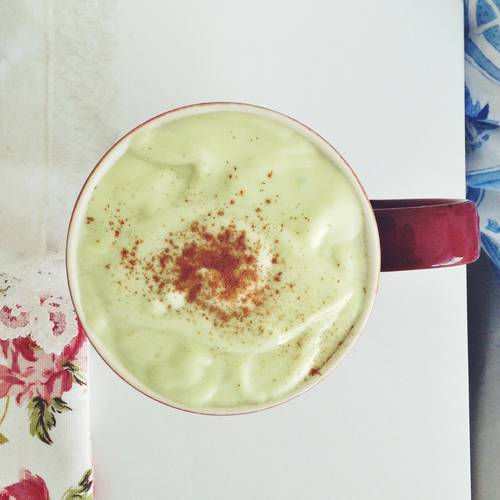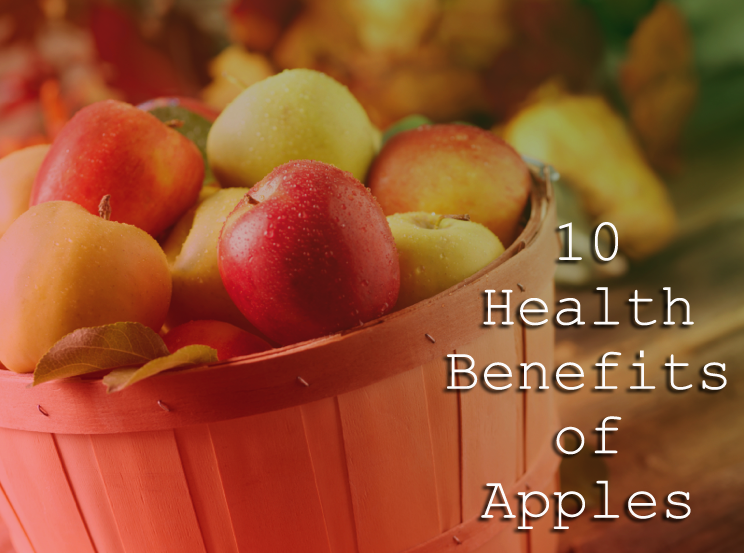Protein powder has become a kitchen staple for fitness enthusiasts and those looking to add a nutritional boost to their daily diet. But for women, questions about safety, health benefits and potential side effects linger.
Can you scoop your way to better health, or is there a downside to using protein powder daily? We spoke to the experts to understand is protein powder is safe for women to use every day.

The Importance of Protein for Women
Yes, protein powder can be a safe and effective addition to your daily diet when used thoughtfully.
Protein is essential for building and repairing tissues, supporting immune health and maintaining muscle mass at every age and stage of a woman’s life.
According to the Dietary Reference Intakes (DRI) established by the U.S. National Academy of Medicine, the average woman needs about 46 grams of protein per day, while active women or those aiming to build muscle may require closer to 75 grams or more depending on their activity level.
For women who find it challenging to meet these needs through whole foods alone (like vegetarians and picky eaters), protein powder supplements are a convenient solution. These quick, versatile and portable powders even taste great—but are they safe to rely on every day?
Understanding Protein Powder Safety
“Protein powders are generally safe for daily use as long as they’re consumed in moderation and as part of a balanced diet,” explains Vivek Sharma, a holistic health physician and integrative nutrion expert based in New York. “But not all protein powders are created equal, and choosing the right type can make a significant difference.”
Types of Protein Powders
- Whey Protein: A complete protein derived from milk, whey is known for its high bioavailability and fast absorption. Studies published in the Journal of the American College of Nutrition suggest that whey protein effectively supports muscle recovery and fat loss when combined with regular exercise.
- Plant-Based Protein: Options like pea, soy and rice protein are ideal for women with dairy intolerances or who follow a vegan diet. Research from Nutrients (2019) found that pea protein is just as effective as whey for building muscle when paired with resistance training. Dr. Sharma suggests this affordable option from Orgain.
- Collagen Protein: Collagen is prized for its benefits to skin, hair and joint health, though it’s not a complete protein. It works best as a supplement to other protein sources and the science is still “undecided” according to Dr. Sharma on whether these truly impact hair and nail health.
Shop vegan pea protein powders from $25 now

Potential Concerns
While protein powders are generally safe, there are a few considerations to keep in mind:
- Additives and Sweeteners: Some protein powders contain artificial sweeteners, fillers or flavors that can cause digestive discomfort or allergic reactions. “Look for clean, minimally processed options with simple ingredient lists and skip the stuff with flavors that sound like cereal boxes,” says Sharma.
- Excessive Protein: Too much protein can lead to issues like kidney strain, digestive upset or, in extreme cases, dehydration. A 2016 study in Clinical Nutrition warns that excessive protein intake (over 2 grams per kilogram of body weight daily) may stress kidney function over time, though this is more relevant for individuals with pre-existing kidney issues. “Stick to recommended serving sizes and consider your total daily protein intake, and remember, TikTok is not your doctor.”
- Lactose or Soy Sensitivities: Women with lactose intolerance should opt for whey isolate (low in lactose) or plant-based proteins. Similarly, those allergic to soy should choose alternatives like pea or rice protein.
Benefits of Daily Protein Powder Use
For women who use protein powder correctly, the benefits are numerous:
Post-Workout Recovery
Protein powder’s fast absorption makes it an excellent post-workout choice. “A 2018 study in the Journal of the International Society of Sports Nutrition concluded that consuming protein immediately after resistance training helps repair muscle fibers and promotes growth.”
For perimenopausal and menopausal women, this is especially important.

Convenience for Busy Lifestyles
Whether added to smoothies, morning oatmeal or baked goods, protein powder can fill nutritional gaps from the standard American diet. For women on the go, it’s a simple way to meet protein needs without resorting to fast food or skipping meals.
Weight Management
Protein is known for its satiating effects. By promoting feelings of fullness, it can help reduce cravings and overall calorie intake. A 2014 study in Obesity found that increasing protein intake significantly improved appetite control and reduced nighttime snacking.
“If you find yourself constantly reaching for snacks, loading up on a protein-rich smoothie, shake or cookie instead of a sleeve of Oreos is a significant upgrade.”
Who should be careful
For certain groups of women, daily protein powder use may require extra caution:
Pregnancy and Breastfeeding
Pregnant and breastfeeding women should consult a healthcare provider before using protein powder, particularly those with added vitamins or herbal blends. “Natural, high-quality options are generally considered safe, but I can’t stress this enough—you should talk to your own physician before adding supplements.”

Perimenopausal and menopausal women
For women over 50, maintaining muscle mass is critical to preventing sarcopenia (age-related muscle loss). Protein powder can be a helpful supplement, especially when paired with strength training.
Essentially, skip your best slippers and movies and go for a power walk fueled by a post-workout protein shake.
Medical Conditions
Women with kidney disease or metabolic disorders should avoid excessive protein and consult their doctor about safe intake levels. Again, chat with your own medical team to assess what’s best for you.
Choosing the Right Protein Powder
Here’s how to make the best choice in protein powder for women:
- Check the Label: Look for brands with transparent ingredient lists. Avoid powders with artificial additives or excessive sugar.
- Prioritize Quality: Opt for products tested by third-party certifications like NSF Certified for Sport or Informed-Choice.
- Match Your Goals: For muscle recovery, whey protein may be best. For hair and skin benefits, collagen is a great choice. Vegans or those with allergies should explore plant-based options.
Final Scoop
Whether your goals include building muscle, managing weight or simply staying healthy on a busy schedule, protein powder supplements are a versatile tool to have in your wellness arsenal.
“But please remember that balance is key, and whole foods should always form the foundation of your nutrition,” adds Dr. Sharma. “So go ahead, blend that smoothie, but be smart and careful with added supplements and discuss with your own doctor first.”
If you love this story and lively discussion, join the Luxe Living by TheLuxurySpot.com Facebook group.








